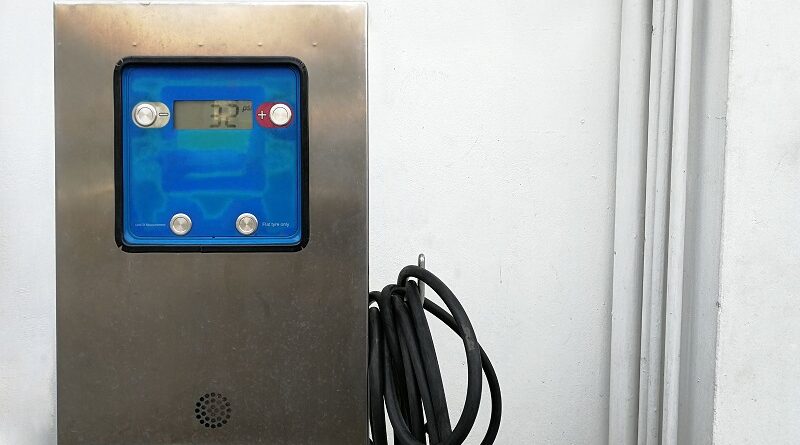The Cost of Installing an EV Charging Station at Home and Potential Savings
In recent years, electric vehicles (EVs) have advanced significantly. They are getting cheaper, more effective, and more practical than ever. However, the necessity for charging infrastructure is one of the significant barriers to mainstream EV adoption. Although there are many public EV charging stations, many EV owners would instead charge their cars at home for convenience’s sake.
Is Installation Expensive or Cheap?
Installing an EV charging station at home isn’t cheap, though. The cost can range from a few hundred to several thousand dollars, depending on the type of charger and the installation costs.
But is it worth it?
The short answer is yes, but let’s take a closer look at the costs and potential savings.
The Cost of Installing an EV Charging Station
Several factors, including location, can significantly affect how much it costs to build an EV charging station at home. Your decision about the charger’s design, the labor price, and the materials used can all have an impact. A Level 1 charger, which usually costs around $500 and is the most basic at-home EV charger. Your EV may be fully charged with this charger in 8–12 hours using a typical 120–volt household outlet.
A Level 2 charger, which costs roughly between $800 and $1,500, is a more potent choice. This kind of charger plugs into a 240-volt outlet, the same kind that you’d use for an electric stove or dryer. Compared to a Level 1 charger, a Level 2 charger can fully charge an EV in 4 to 8 hours.
The most powerful option is a DC fast charger, which can charge an EV in as little as 30 minutes. However, these chargers are also the most expensive, with costs ranging from $20,000 to $140,000.
Potential Savings
Even while setting up an EV charging station can be expensive, the savings that could result from doing so can be very substantial. Electricity costs are where the biggest savings can be found. The majority of electric vehicle (EV) owners charge their vehicles at nighttime when electricity prices are often lower. By charging your EV during off-peak hours, you can reduce the cost of your electricity bill.
Additionally, several utilities provide EV owners with special rates, which can further lower the cost of charging. To help with the cost, some jurisdictions may provide rebates or incentives for installing EV charging stations at home.
Lastly, let’s not forget the savings you make on fuel! And the environmental savings you offer the planet.
To Install or Not To Install?
While installing an EV charging station at home can be expensive, the potential savings on electricity costs and state incentives can make it worth it in the long run. Whether you’re just considering an EV or are already an EV owner, it’s worth exploring the option of installing a charger at home. And who knows, you may be the one who makes your neighborhood the first “EV neighborhood” in town and even makes some money from it!




